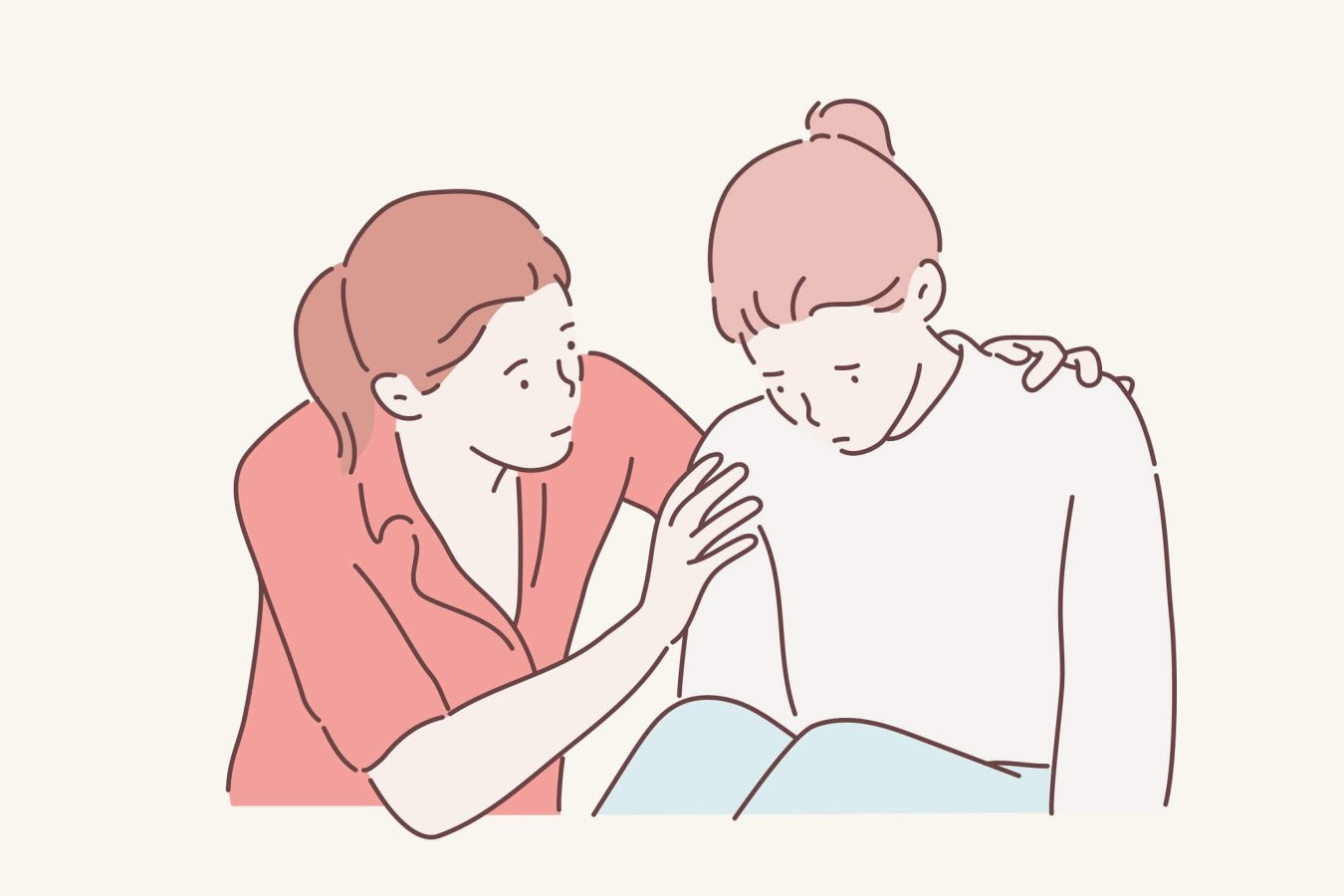
Our selection of thought-provoking and useful articles from around the web on educating and raising children.
Mums Of Teens Can Benefit From Social Support, Just Like New Mums
(Juli Fraga, npr)
In the early years of raising children, new mothers’ groups can provide valuable support and guidance. But as the author notes, those friendships often fall by the wayside as children get older. There’s evidence, however, that support networks for mothers are also needed as children traverse the challenging teenage years. Having someone to talk to can help the relationship with your teenager.
Can too many toys limit creativity and give kids an addiction to ‘stuff’ early on?
(Emma Wynne, ABC Radio Perth)
Does your child have piles of toys that are never played with? Parenting expert Maggie Dent suggests taking away two-thirds of them and rotating them every three months. This interview explores the role of toys, with Ms Dent arguing that taking away some toys can be good thing, allowing the imagination of children to come to the fore.
We mark the growth of our children on the door but what for
(Tim Lott, The Guardian)
The human condition is to measure things, a way of taking some control over life. In this column, the author looks at how we do this with children. Passing or failing exams, or the one who gets a gold star or doesn’t. But the real value lies beyond the box ticking. ‘A child, like any human being, is immeasurable,’ he writes. ‘A child who passes exams has as much worth as a child who does not.’
How Sweden tackled misbehaving parents’ at kids football
(Marcus Christenson, The Guardian)
The ugly parent on the sidelines of their child’s game is a worldwide phenomenon. In Sweden, three big football clubs decided to survey the problem, and were staggered by the results. One in three children said they had considered quitting because of ‘over-engaged’ parents, while 83 per cent of adults had seen parents pushing their children too much or loudly criticising young referees and officials. The result is a parental code of conduct that aims to change the situation.
Like this post? Please share using the buttons on this page.
You can also subscribe to The Parents’ Website and get regular updates straight to your inbox


